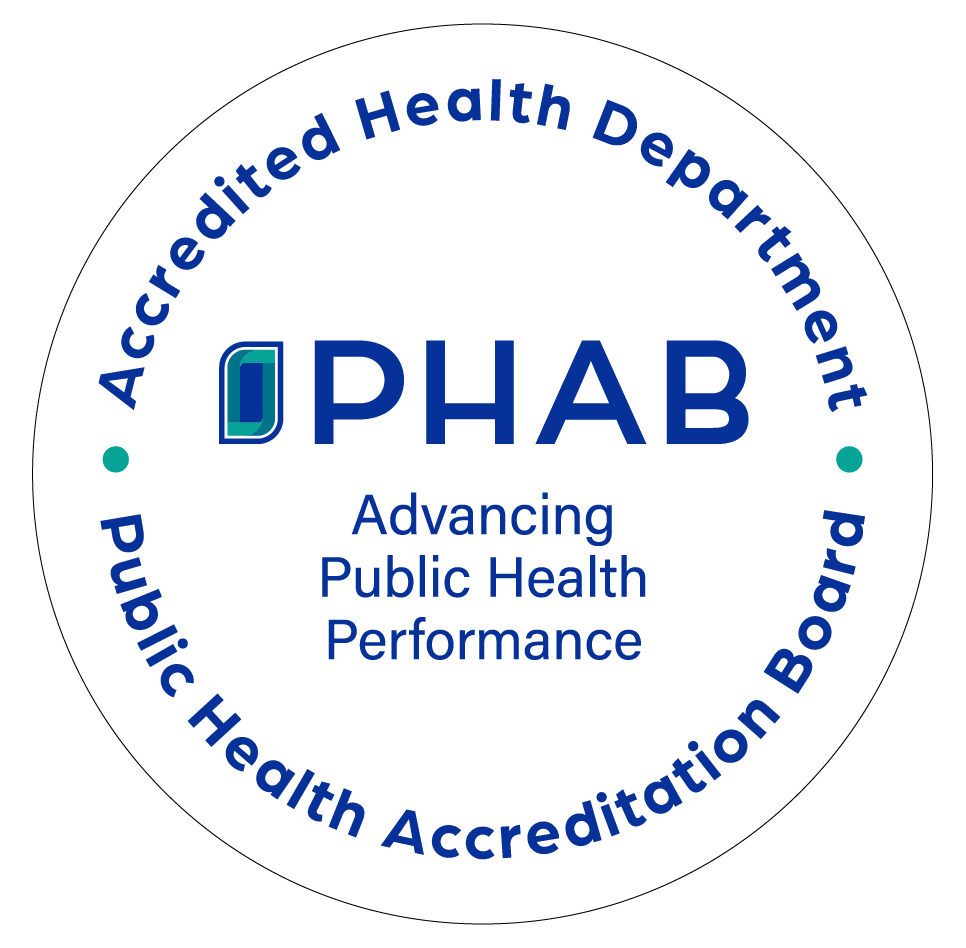Deaf Education
The Center Deaf Education Program function has subject matter experts in the field of educating children who are deaf and hard of hearing. We provide support, consultation, resources, technical assistance and professional development that are specific to students who are deaf and hard of hearing while adhering to all federal, state and local laws, following current evidence-based best practice, and aligning with national and statewide trends.
The Center for Deaf and Hard of Hearing Education keeps the student’s language, access and educational needs (encompassing social, emotional, communication, self-identity and self-advocacy) at the forefront of all recommendations and aligns with the 2018 National Association of State Directors of Special Education, Inc. Optimizing Outcomes for Students who are Deaf or Hard of Hearing: Educational Service Guidelines as well as the Guidelines for the Assessment and Educational Evaluation of Deaf and Hard of Hearing Children in Indiana.
The Indiana Department of Education recognizes the Center as subject matter experts and Center staff participate in several IDOE committees and workgroups. We also receive referrals from IDOE for technical assistance. The Deaf Education team respects the family’s choice in communication modality and works collaboratively with schools to create a plan that will allow each student to reach their highest potential.
The Deaf Education team is available to partner with local educators in collaborative efforts to meet additional needs such as locating qualified professionals to fill job vacancies and provide ongoing professional development and resources.
Ongoing professional development opportunities include:
- Deaf Educator Listserv
- N’DEEP
- DHH Roundtables
- Educational Interpreter Roundtables (EIRT)
- Accessibility
- Accommodations
- Annual Language Assessment and progress monitoring per IC 20-35-12 (IDEAL) for students 3-10
- Assessment
- Auditory Skill Development
- Closed-Captioning
- Communication and Direct Communication Opportunities with Peers and Adults
- Considerations of Special Factors
- Educational Audiology
- Educational Interpreting
- Eligibility for Deaf and Hard of Hearing services
- Equal Access in the Educational Setting
- Goals and Progress Monitoring
- Hearing Assistive Technology and Access to Educational Technologies
- Individualized Education Program (IEP) Processes
- Language Development (spoken and/or visual)
- Least Restrictive Environment for students who are deaf and hard of hearing
- Provision of Educational Services and Related Services
- Universal Design for Learning
- Augmentative & Alternative Communication Considerations
- Accommodation Self-Advocacy Tool
- Hearing Screening: DHH Teacher Considerations
- Interpreter How Tos
- Language Rich Environment Considerations
- Least Restrictive Environment Considerations
- Masks and Face Shields: Considerations and Resources
- Secondary Transition Resource Manual
- Tips for Virtual Meetings with Interpreter
- Virtual Meeting Tips for Interpreters
- Continuous Learning Documents
Audiology Tips & Tricks
- At-Home Connectivity
- At-Home Earmold Cut and Fit
- Cochlear Mini Microphone 2+
- Connect Clip
- Connecting FM/DM to Computers and Tablets
- Cytomegalovirus (CMV)
- HAT Ordering Procedures
- Hearing Aid Orientation
- Indiana Hearing Screening Guidelines
- Resound Multi Mic
- School Hearing Screening FAQ for Families (Spanish)
- School Hearing Screening FAQ for Screeners
- School Hearing Screening Overview
- TEMPLATES- Hearing Screening Worksheet and Follow-Up Tracker
Submit a referral for Deaf Education consultative services.

